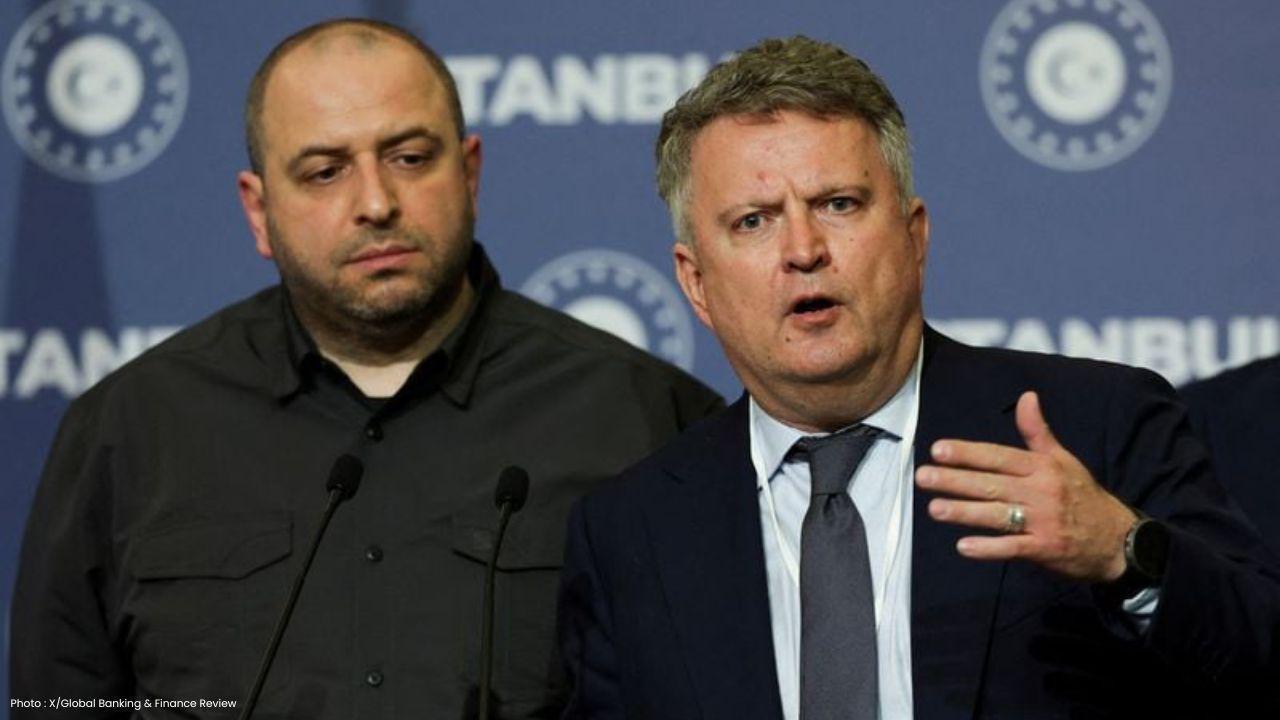
Post by : Abhinav Rana
Ukraine pushes for security pacts, vows more energy strikes
Ukraine is entering a decisive phase in its war effort as it intensifies strikes on Russian energy facilities while simultaneously pressing allies for binding security guarantees that could shape its future for decades. Officials in Kyiv say talks with partners in the United States and Europe have moved into a serious stage, with discussions now focusing on specific commitments, not just symbolic statements. The stakes are high, and the dual approach of military pressure and diplomatic negotiation highlights both Ukraine’s urgency and its strategic calculation.
For months, Ukraine has argued that temporary promises are not enough to secure its future. Leaders in Kyiv are demanding legal agreements that will lock in military and economic support for years to come, ensuring that the country is never again left vulnerable to aggression. Negotiators describe the latest round of discussions as unusually detailed, moving beyond rhetoric and into practical measures such as arms supplies, joint training, intelligence sharing, and long-term financial backing.
The central pillar of these talks is a potential bilateral accord with the United States. Ukrainian officials see Washington as the indispensable partner capable of guaranteeing logistics, intelligence, and advanced weapons systems. Any agreement with Europe would likely be built around the foundation of U.S. support. Kyiv has made it clear that it will not settle for informal pledges, stressing that its survival depends on commitments that can be enforced regardless of political changes in allied capitals.
At the same time, Ukraine is mindful of growing war fatigue among both its own citizens and the populations of partner countries. The government is keen to show progress, not just in holding territory but in securing lasting assurances that people can believe in. For Ukrainians weary of constant bombardment and economic disruption, the prospect of a durable alliance offers a glimmer of long-term stability.
Energy strikes as leverage
Even while diplomacy intensifies, Ukraine has shown no intention of easing military pressure. Strikes on Russian oil refineries, pipelines, and power stations have become a key feature of Kyiv’s strategy. Officials argue that disrupting Russia’s energy sector hits at the heart of its war economy, cutting into revenues and creating domestic strain for the Kremlin.
These operations have been carried out with a growing arsenal of drones and long-range systems capable of reaching deep into Russian territory. While the strikes have sparked debate abroad about escalation risks, Ukrainian commanders insist they are a necessary tool to tilt the balance of power. By raising the economic cost of war for Moscow, Kyiv hopes to accelerate the path toward serious negotiations.
The approach is not without risks. Russia has responded with intensified bombardments of Ukrainian cities and infrastructure, leaving millions without stable access to electricity and heating. Still, officials in Kyiv argue that failing to respond in kind would leave them weaker. They believe that sustained pressure on Russia’s energy lifelines is one of the few ways to force the Kremlin to recalculate its options.
The push for guarantees is not just about Ukraine’s immediate needs. If successful, it could redraw the security map of Europe. A binding agreement with the United States and key European powers would set a precedent for how vulnerable states can anchor their defence without formal NATO membership. Such a framework would likely include commitments to supply modern air defence systems, long-term funding, and rapid-response mechanisms in case of renewed aggression.
For Western leaders, this is a delicate balancing act. On one hand, they understand that half measures could leave Ukraine exposed and the conflict unresolved. On the other, they must navigate domestic politics where public support for open-ended commitments is far from assured. The debate over how far to go reflects broader questions about the future of European security and the West’s willingness to act decisively beyond rhetoric.
The Gulf region also has a vested interest in these developments. Energy markets remain sensitive to every strike on Russian infrastructure, with ripple effects seen in oil prices and global supply stability. For Gulf producers, Ukraine’s strategy is both a warning and an opportunity: it shows how deeply energy security is tied to geopolitical conflict, while also opening the door for new partnerships as Europe looks to diversify away from Russian supply chains.
Despite the progress, major obstacles remain. Allies differ sharply on whether to commit troops, how much funding to allocate, and whether to provide offensive capabilities that could alter the balance of the war. Ukraine’s leadership is walking a tightrope pushing hard for robust commitments while knowing that overstretch could alienate some partners.
Kyiv has signalled it is prepared to continue its current two-track strategy: fight hard on the battlefield while pressing harder at the negotiation table. By demonstrating both military resilience and diplomatic persistence, Ukraine hopes to show allies that it remains a worthy investment, and that binding agreements will strengthen not only its defence but also the security of Europe as a whole.
Ultimately, the success of these efforts will depend on whether talk can be translated into binding treaties. For Ukraine, this is about survival. For its partners, it is about credibility. And for the world watching, it is a test of whether promises made in times of crisis can be turned into guarantees that endure long after the headlines fade.
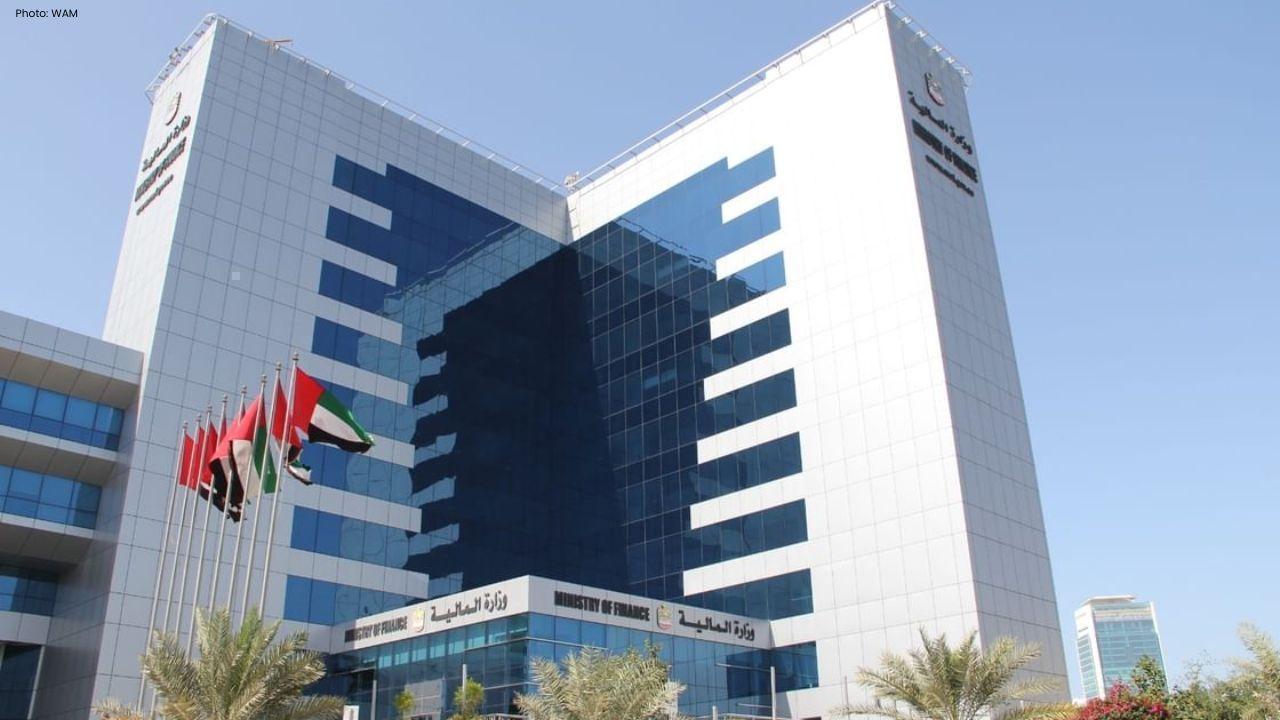
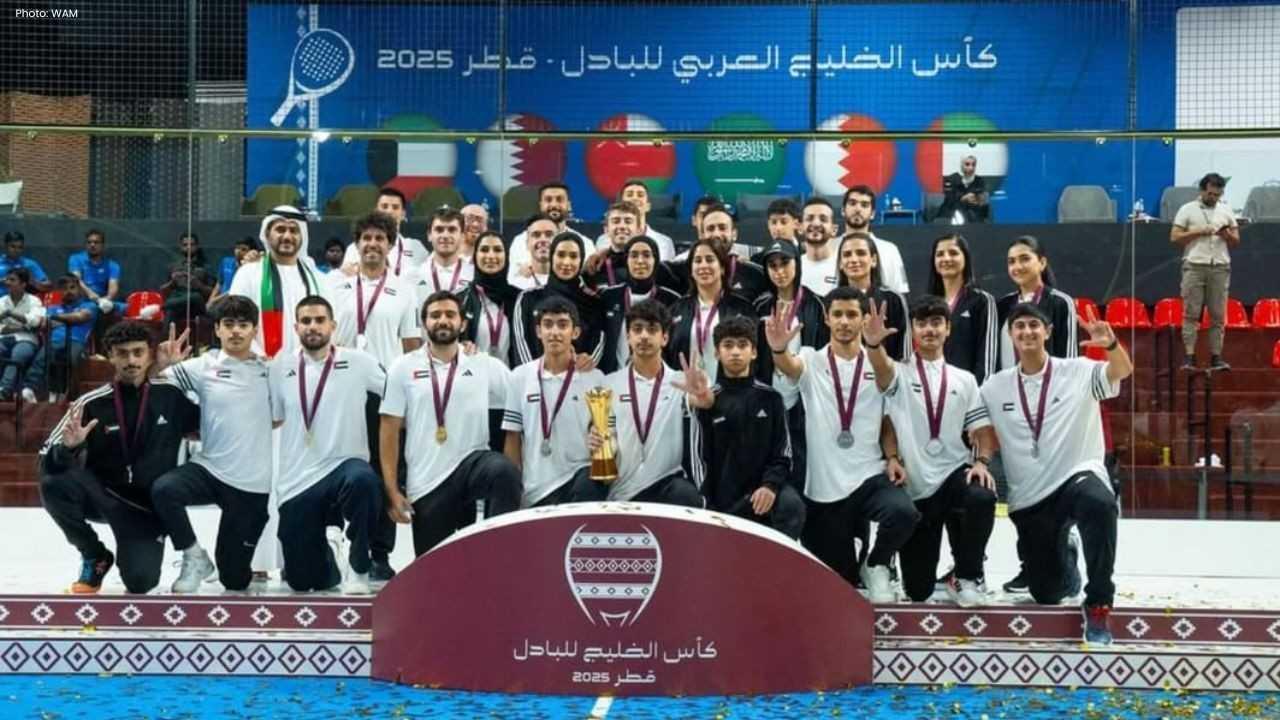

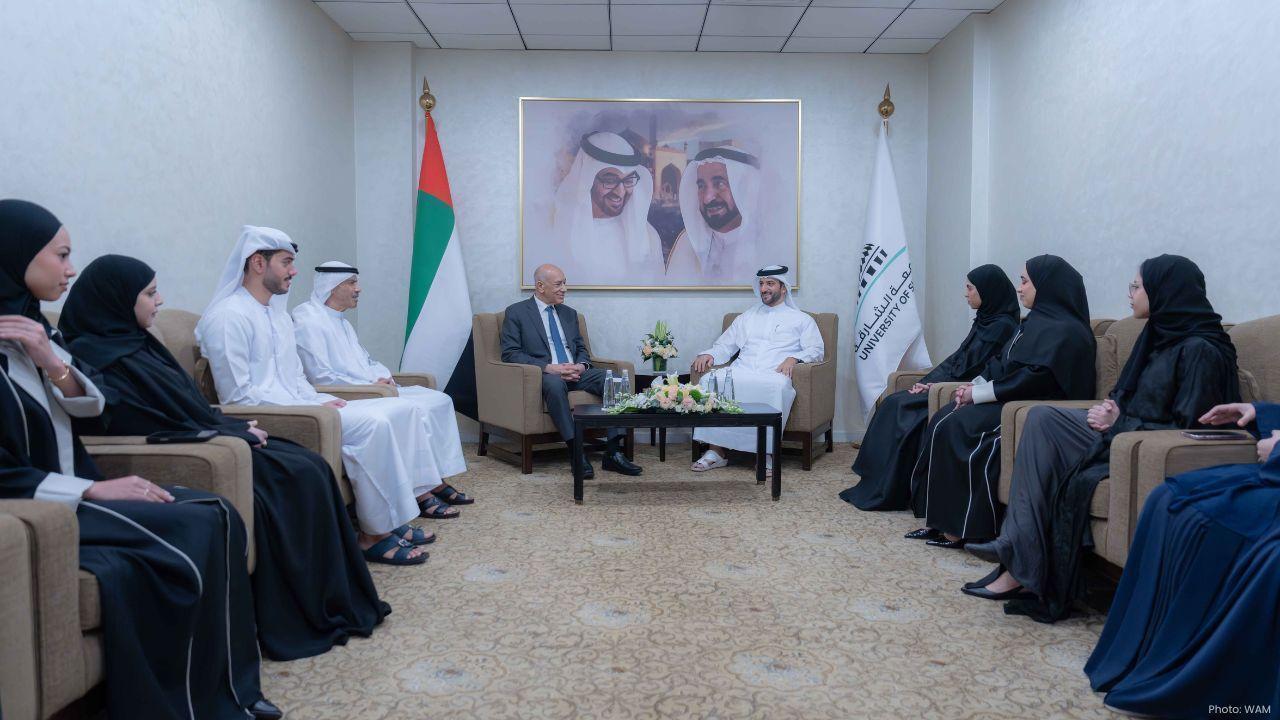

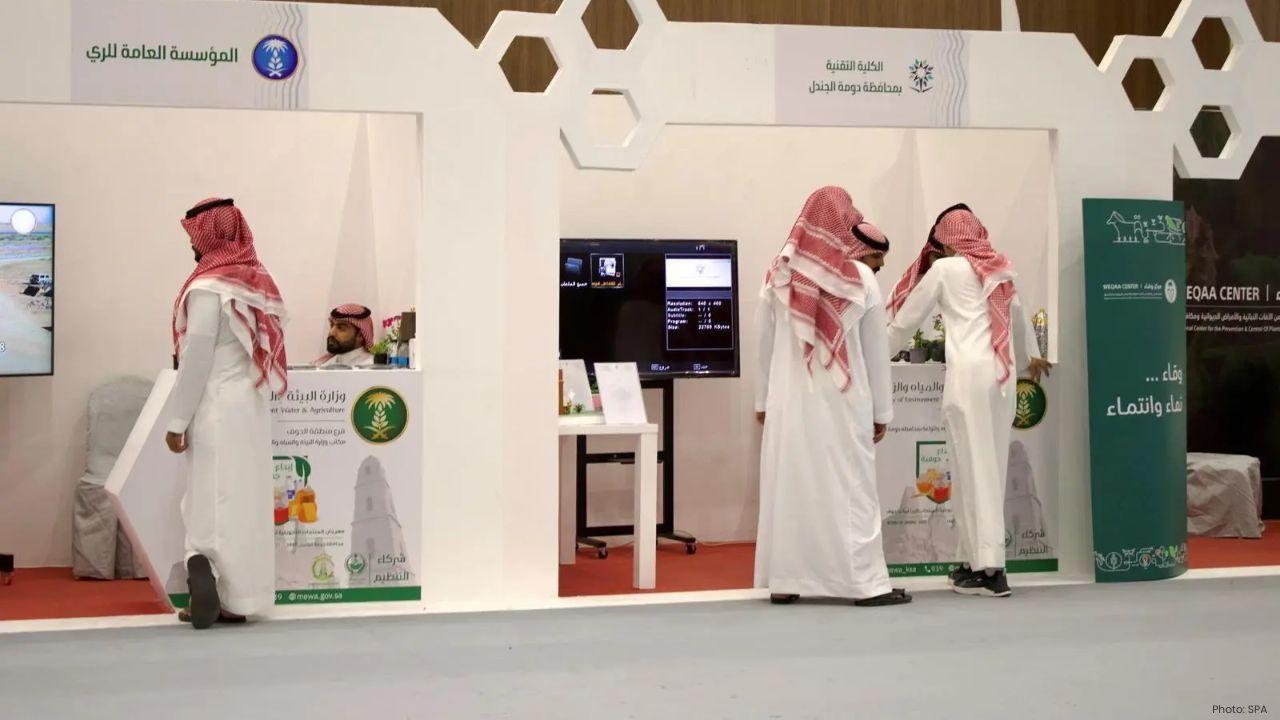
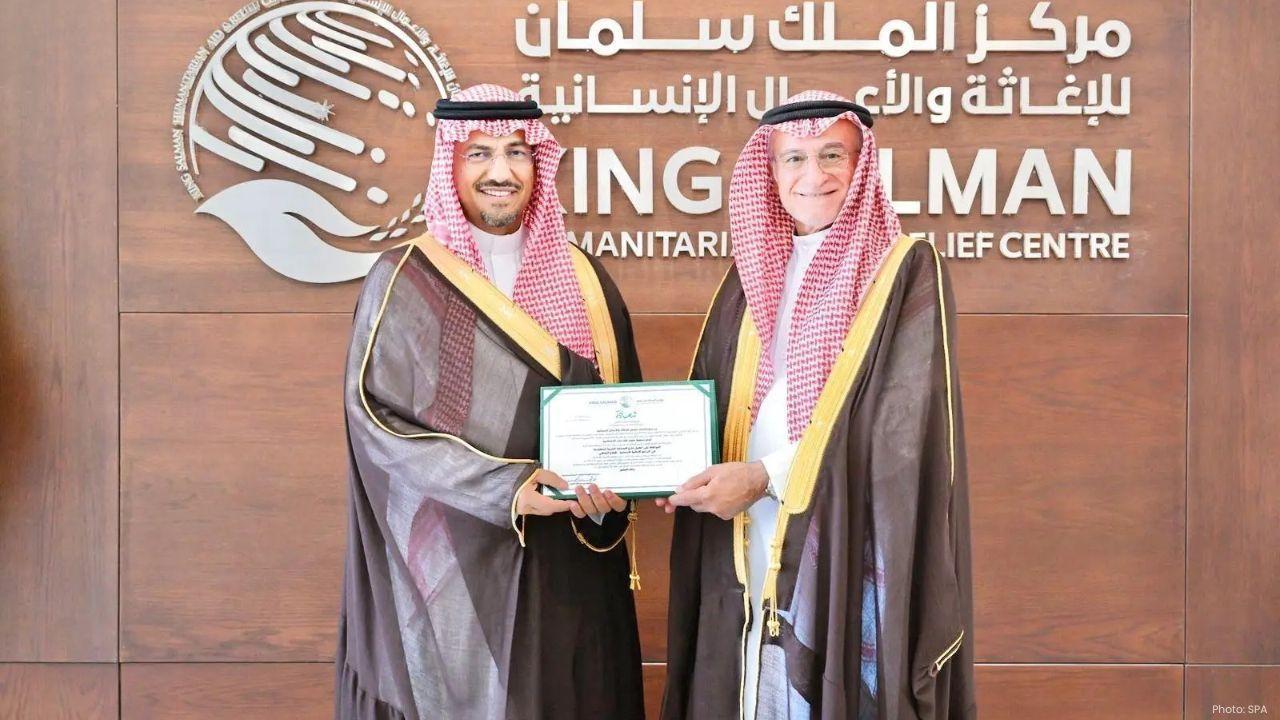

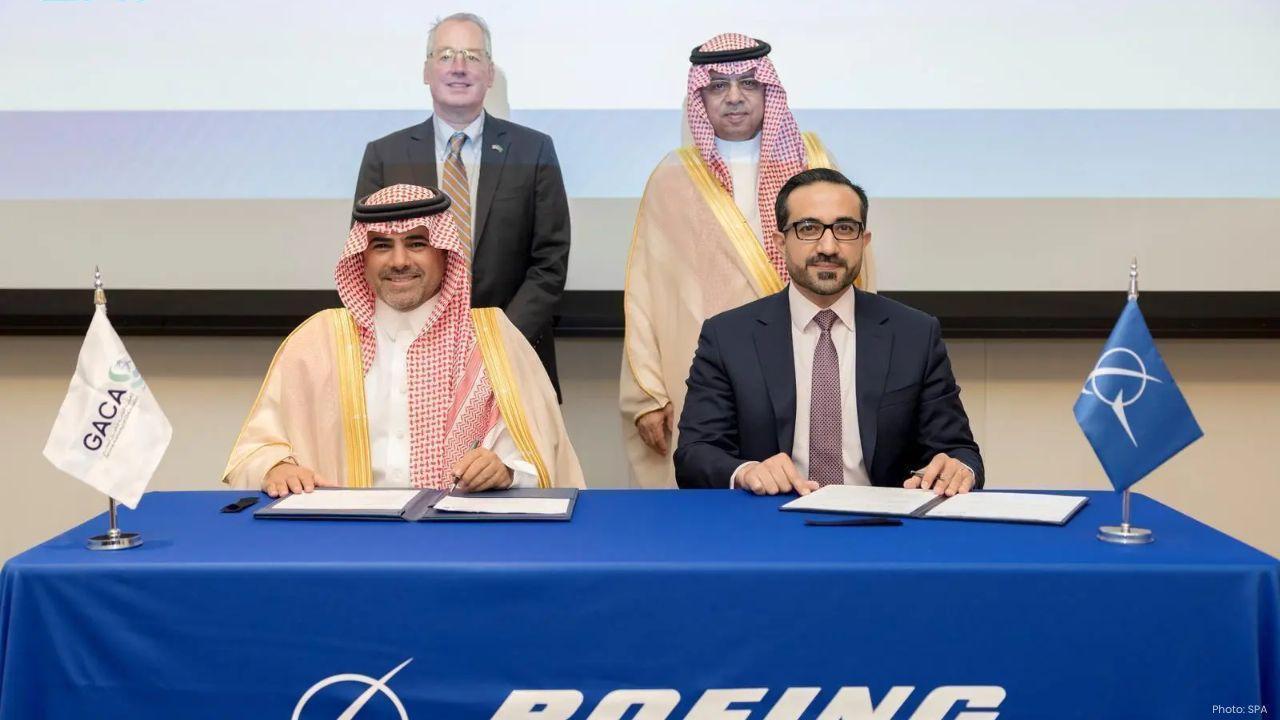
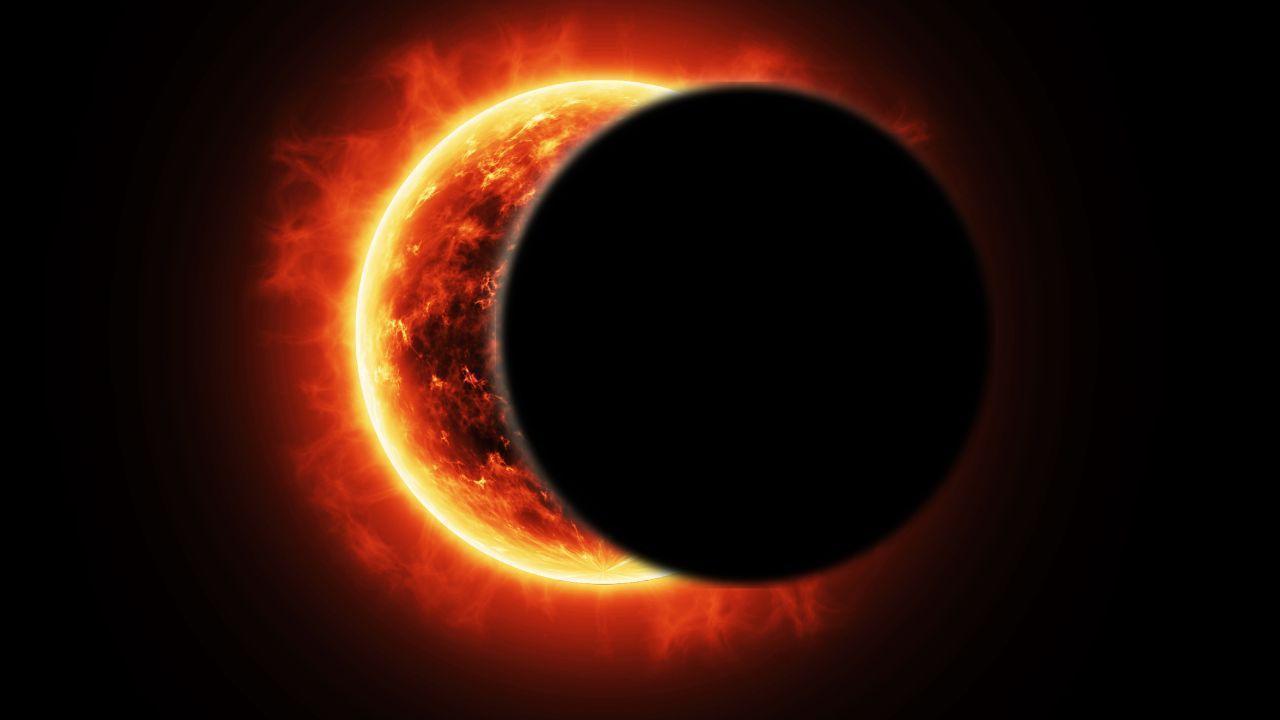
Final Solar Eclipse Of 2025 To Occur On September 21
The final solar eclipse of 2025 on September 21 will be partial, visible in the Southern Hemisphere
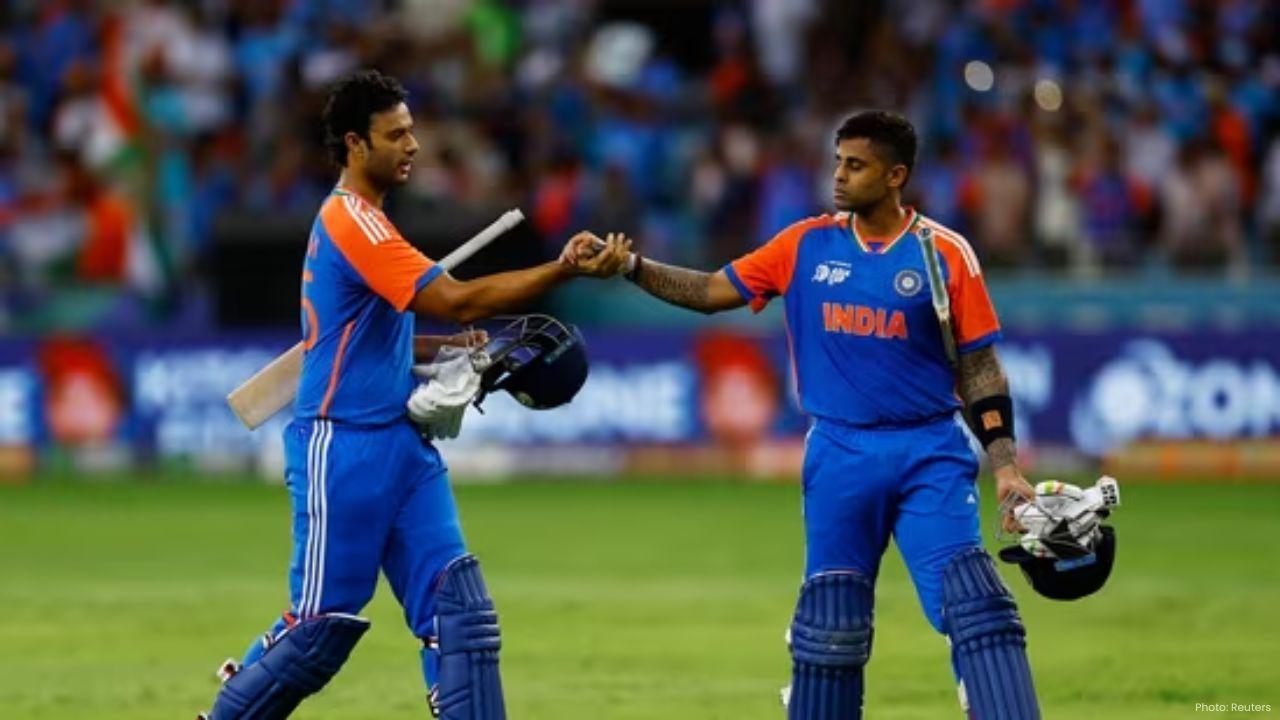
Suryakumar Yadav Focuses on Team, Avoids Pakistan Talks Ahead
India captain Suryakumar Yadav avoids Pakistan mentions, urges focus on team, and asks fans for supp
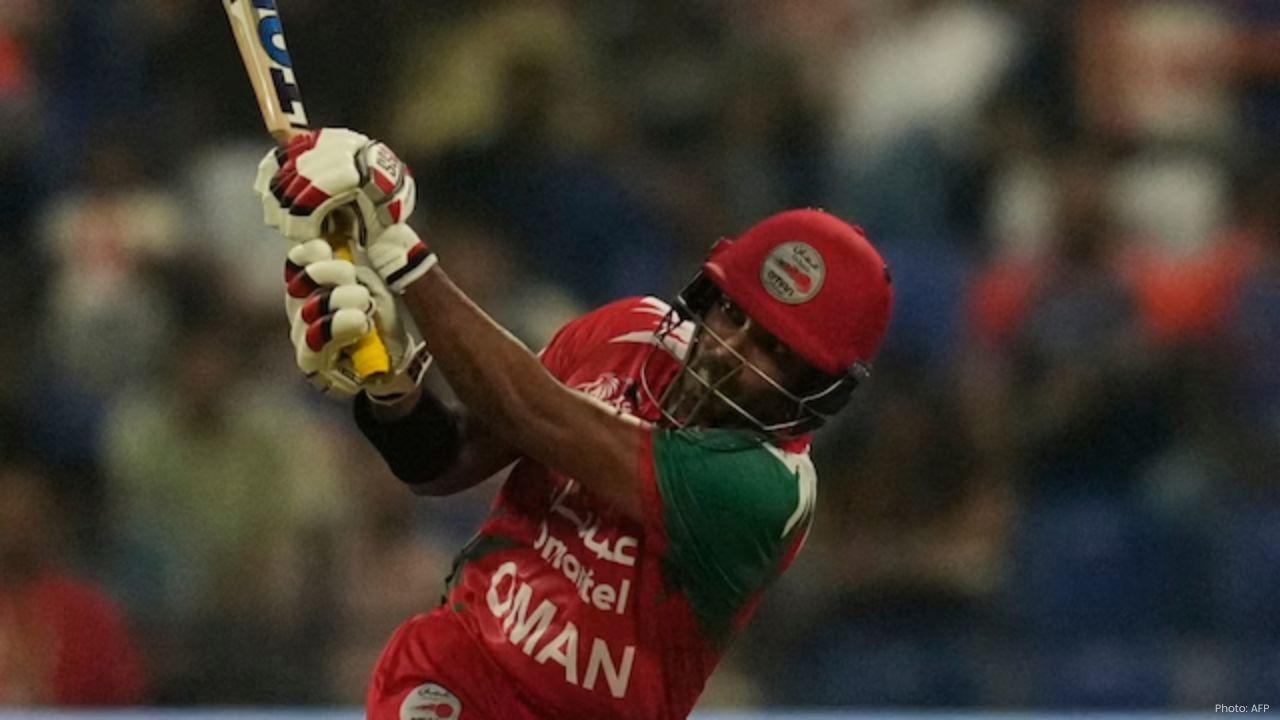
India's Asia Cup Win Over Oman Highlights Team's Strengths & Depth
India beat Oman by 21 runs in Asia Cup, with key contributions from Hardik Pandya, Abhishek Sharma,

Arshdeep Singh Becomes First Indian Fast Bowler to 100 T20I Wickets
Arshdeep Singh becomes first Indian fast bowler to reach 100 T20I wickets, while Hardik Pandya equal

Oracle in Talks With Meta for $20 Billion Cloud Computing Deal
Oracle is negotiating a $20 billion cloud computing deal with Meta to support AI model training, mar
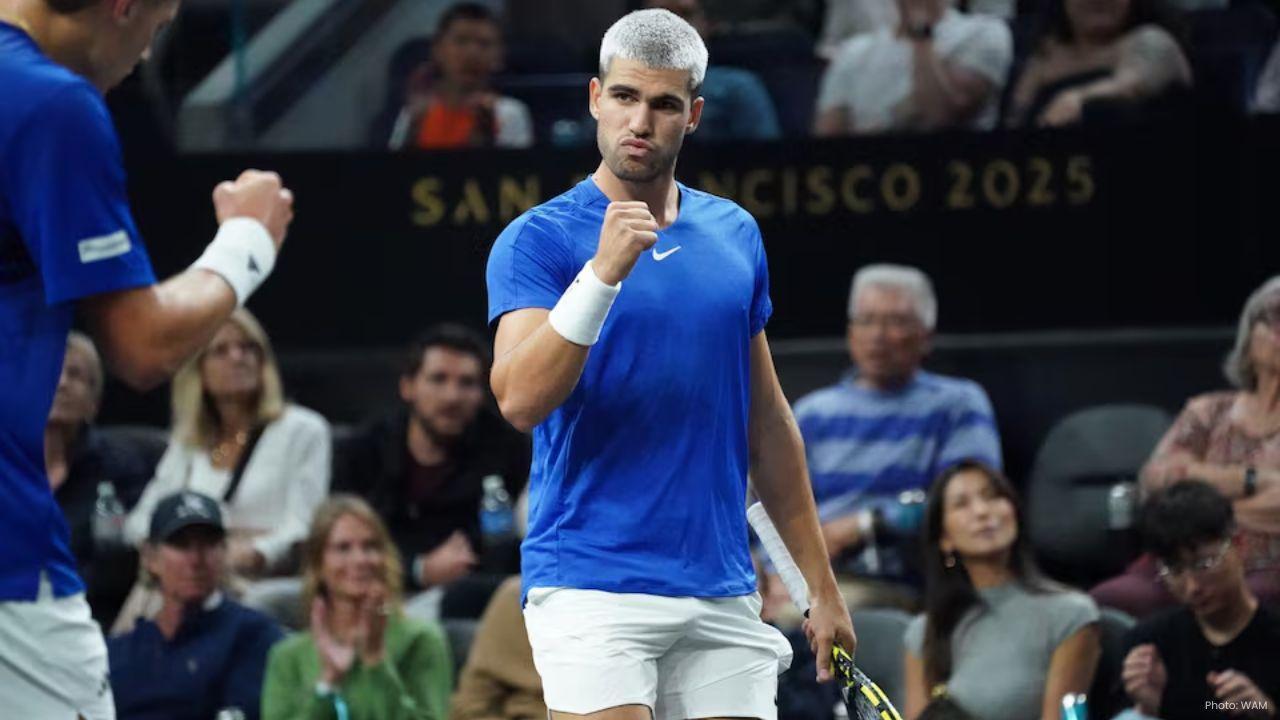
Alcaraz and Mensik Lead Team Europe to Doubles Win at Laver Cup
Carlos Alcaraz and Jakub Mensik help Team Europe beat Team World in doubles at the Laver Cup. Casper